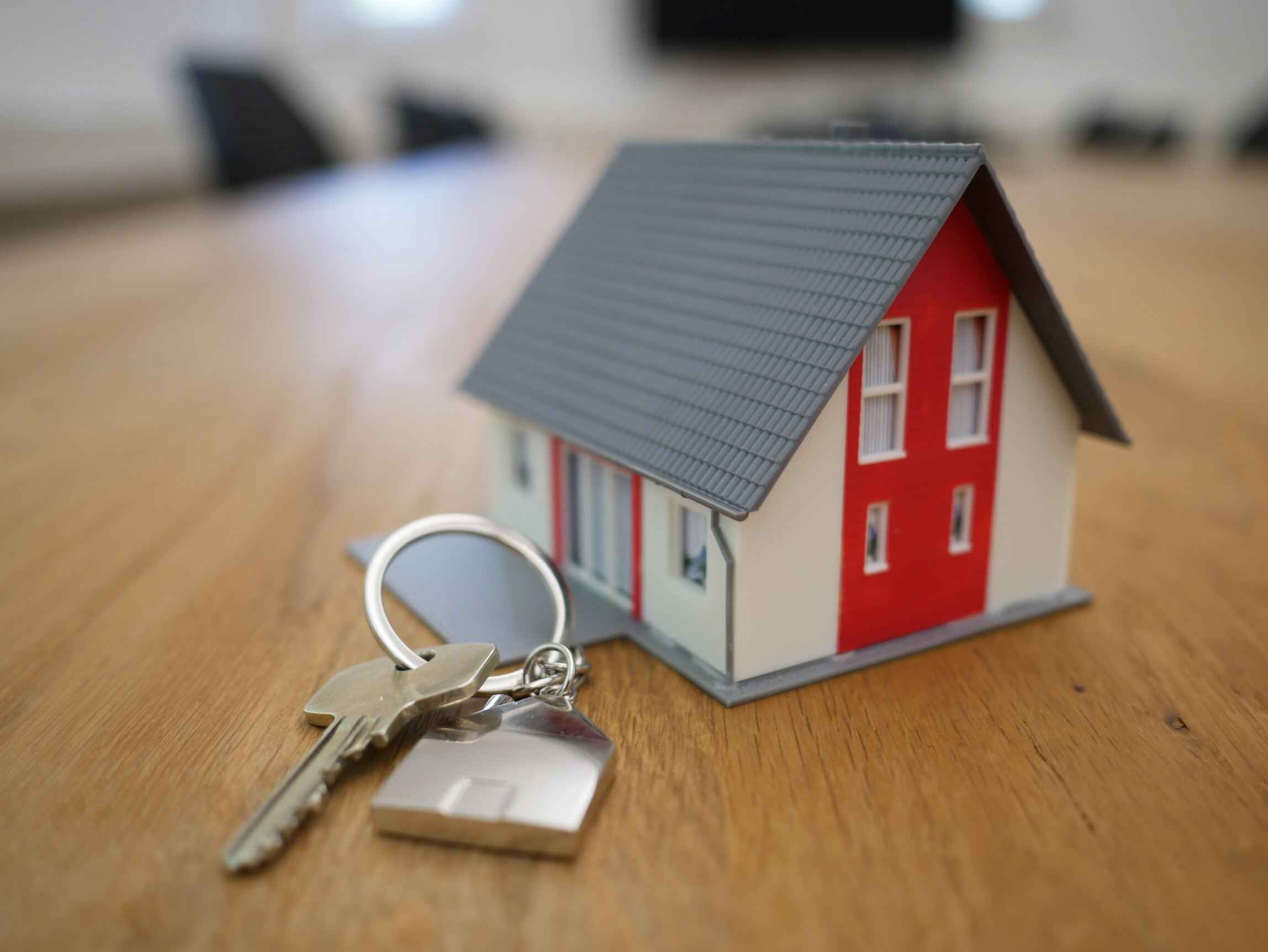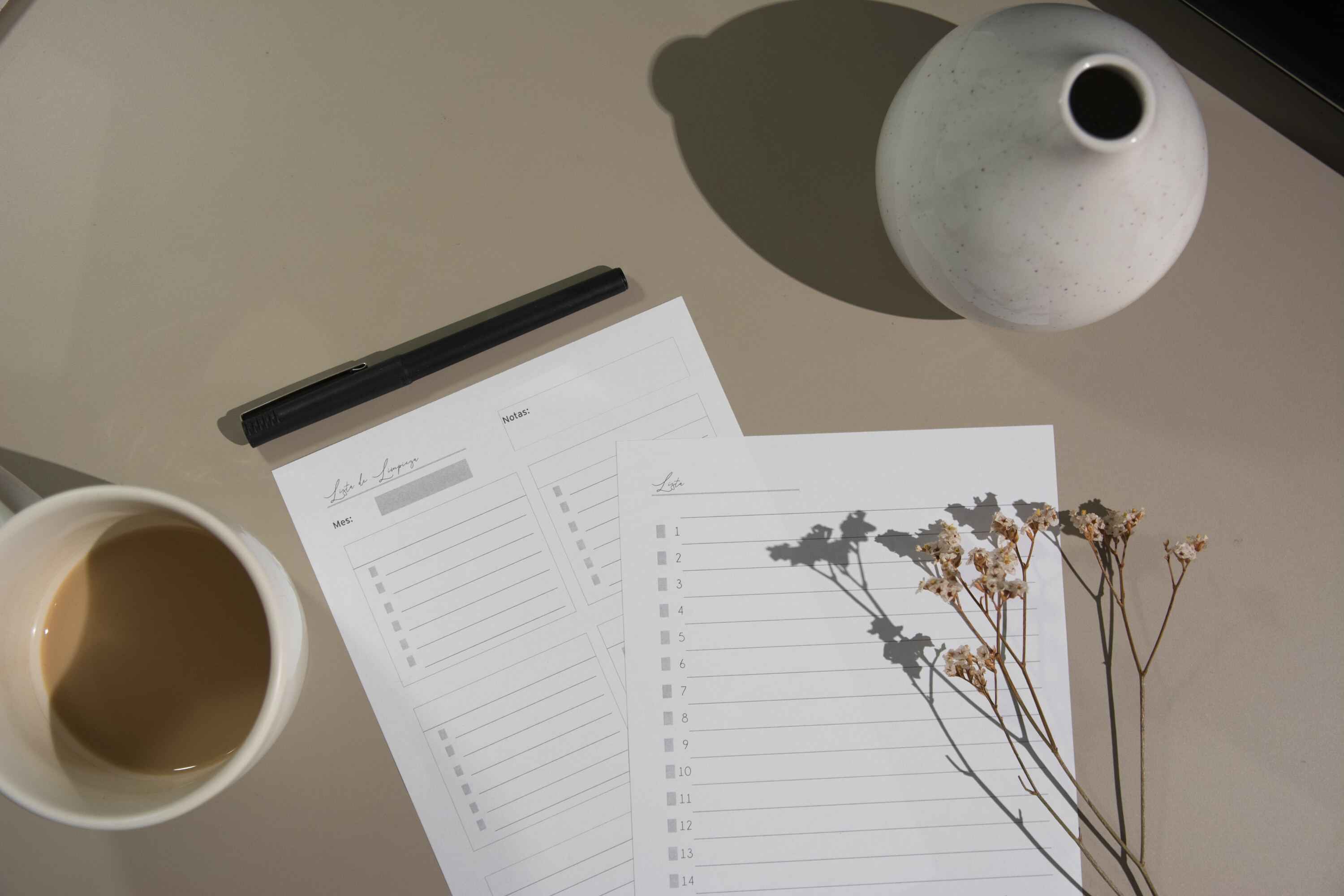Frequently Asked Questions
Here, we provide answers to commonly asked questions about the home buying process. Let us guide you through the exciting journey of buying your first home, and contact us today to get started.

General Topics
The minimum down payment for a house is typically 10% of the property's purchase price. However, this can vary depending on factors such as the type of property and the loan amount.
In addition to the down payment, homebuyers should also budget for other costs such as legal fees, stamp duty, and valuation fees.
The time it takes to get a home loan can vary depending on factors such as the lender's processing time, the documentation required, and the creditworthiness of the borrower. On average, it can take anywhere from a few days to several weeks to obtain a home loan.
In addition to the mortgage payments, property owners should also budget for additional costs such as property taxes, maintenance fees, insurance, and utilities.
The maximum amount of home loan you can get depends on several factors such as your income, creditworthiness, and the value of the property. Typically, the loan amount can range from 80% to 90% of the property's value.
They include identification documents, proof of income, bank statements, and property-related documents such as the Sales and Purchase Agreement (SPA) and the loan agreement.
Yes, you can use your EPF savings in particular EPF account 2 to finance the purchase of a house in Malaysia.
Homebuyers typically get their keys to their new home after the property has been completed and the developer has obtained the Certificate of Completion and Compliance (CCC) from the relevant authorities.
In addition to the down payment, homebuyers should also budget for other costs such as legal fees, stamp duty, and valuation fees.

First Time Home Buyer's Guide
Congratulations on taking the first step towards becoming a homeowner in Malaysia! Here's a guide to help you navigate the process:
- Determine your budget: Before you start house hunting, figure out how much you can afford to spend on a home. Consider your monthly income, savings, and other expenses. Don't forget to factor in the additional costs of buying a home such as legal fees, stamp duty, and renovation costs.
- Research locations: Consider which area you want to live in. Look into the infrastructure, amenities, and access to public transportation, schools, and other essential services.
- Find a reliable real estate agent: Look for a real estate agent who specializes in helping first-time homebuyers. They will be able to guide you through the entire process, from finding the right home to closing the deal.
- Secure financing: Once you have a budget in mind, you can approach banks or financial institutions to secure financing. You will need to provide proof of income, employment, and creditworthiness to be approved for a mortgage.
- Start house hunting: With your budget and financing in place, you can start looking for a home that fits your criteria. Visit open houses and take virtual tours to find the right home for you.
- Conduct due diligence: Before closing the deal, make sure to conduct a thorough inspection of the property to identify any potential issues. This includes checking for defects, verifying the property's legal status, and assessing the market value of the property.
- Close the deal: Once all the necessary checks have been conducted, you can proceed to close the deal. This involves signing the sale and purchase agreement, paying the balance of the purchase price, and transferring ownership.
- Renovate and move in: Finally, once you have the keys to your new home, it's time to make it your own. Consider renovating or decorating the space to suit your style and preferences.
Remember, buying a home is a significant financial investment, so take the time to research and plan accordingly.
- Down payment: As a first-time homebuyer, you may be required to pay a down payment of at least 10% of the property's purchase price.
- Legal fees: You'll need to engage a lawyer to handle the legal aspects of the purchase, including drafting and reviewing the sale and purchase agreement. Legal fees are typically around 1% of the purchase price of the property.
- Stamp duty: You'll also need to pay stamp duty on the sale and purchase agreement. The rate of stamp duty ranges from 1% to 4% of the purchase price, depending on the property's value.
- Valuation fees: If you're taking out a mortgage to finance your home purchase, the bank may require a valuation report on the property. The valuation fees are typically around 0.25% to 0.5% of the property's value.
- Loan agreement fees: You'll also need to pay loan agreement fees, which are typically around 0.5% of the loan amount.
- Mortgage insurance: If you're taking out a mortgage, you may be required to purchase mortgage insurance to protect the bank's interests. The cost of mortgage insurance varies depending on the lender and the value of the property.
- Renovation and furnishing costs: Finally, you'll need to budget for any renovation or furnishing costs once you've taken possession of the property. It's important to factor in all of these costs when budgeting for your home purchase in Malaysia.
Here are some things you should look for when viewing a property in Malaysia before making a purchase:
- Location: Consider the property's location and the surrounding area. Look for nearby amenities such as grocery stores, restaurants, schools, and public transportation options. Also, consider factors such as noise levels, traffic, and safety in the area.
- Condition of the property: Look for any signs of damage or wear and tear, such as cracks in the walls, water stains, or leaks. Check the doors and windows to make sure they open and close properly. Inspect the roof for any signs of wear and tear or damage. Also, check the electrical and plumbing systems to ensure they are in good working condition.
- Size and layout: Consider the size and layout of the property. Make sure it meets your needs and has enough space for you and your family. Consider the number of bedrooms, bathrooms, and common areas, and think about how you'll use the space.
- Natural light and ventilation: Look for natural light sources, such as windows or skylights, as well as adequate ventilation in the property. Good natural light and ventilation can make the property more comfortable and energy-efficient.
- Security features: Check for security features such as window grilles, deadbolts, and a secure entry system. These features can help keep you and your family safe.
- Transfer utilities: Contact the relevant utility companies, such as electricity, water, and gas providers, to transfer the utilities to your name and ensure that the services are connected and working.
- Register your property: You will need to register your property with the relevant government authorities such as the local council, the land office, and the Inland Revenue Board (IRB). This registration process will ensure that you are the legal owner of the property and will also help you to pay your property taxes.
- Get insurance: It is advisable to get home insurance to protect your property against unforeseen events such as fire, theft, or natural disasters.
- Renovate and furnish your new home: Consider making any necessary renovations or upgrades to your new home to make it comfortable and personalized to your taste.
- Set up a security system: Installing a security system can provide you with peace of mind and protect your home against theft or other security threats.
- Get to know your neighborhood: Take some time to explore your new neighborhood, meet your neighbors, and get to know the local community.
Overall, owning a home in Malaysia requires some ongoing maintenance and responsibilities. Staying on top of these tasks will help you enjoy your new home and investment for years to come.
The cost of a total renovation in Malaysia can vary greatly depending on factors such as the size of the property, the extent of the renovation, and the materials used. However, as a rough estimate, an economical total renovation for a small to medium-sized property in Malaysia could cost anywhere from RM50,000 to RM100,000.
The main difference between MRTA (Mortgage Reducing Term Assurance) and MLTA (Mortgage Level Term Assurance) is how the insurance coverage amount is calculated. With MRTA, the insurance coverage amount decreases over time in line with the outstanding mortgage balance, while with MLTA, the coverage amount remains the same throughout the policy term. MRTA is generally cheaper than MLTA because the coverage amount decreases over time, but MLTA provides more comprehensive coverage for the entire mortgage amount.

Before You Buy A Home
Our credit score is crucial when applying for a home loan, as it tells banks about your financial health and repayment history. A good score means a higher Loan-To-Value and better rates for your mortgage. To build your score, start by applying for a credit card and paying it on time monthly. A stable career and income also help. Try to minimize any debt, including illegal tickets, as they can affect your score. Check your score regularly through CCRIS or CTOS. If your score needs improvement, make payments on time, reevaluate financial relationships, and consider rearranging your repayment time frame with your bank. Remember, maintaining a healthy credit score is key to securing your dream home.
To calculate how much you can afford for a property, use your current salary instead of assuming future salary increases. Keep in mind the compulsory fees, including SPA fees, stamp duties, down payment, and agent fees. Remember to factor in the cost of maintaining your home, such as renovation, furniture, and maintenance fees. Check your Debt-Service Ratio (DSR) to ensure you can afford the loan you apply for. If your DSR is within the bank's limit, you have a higher chance of getting the loan you need.
The new Standardised Base Rate (SBR) in Malaysia means that all banks use the same rate linked to the Overnight Policy Rate (OPR). If the OPR increases by 0.5%, so will the SBR, making it easier to calculate mortgage interest and compare rates. There are 3 types of home loans in Malaysia: basic term, semi-flexi, and full-flexi, each with its own benefits. First-time homebuyers can take advantage of bank loans with special first-home schemes.
Anything that has value usually requires insurance, this includes your life, your car and in this case your home. For property, it's called mortgage insurance, and you can choose between Mortgage Reducing Term Assurance (MRTA) or Mortgage Level Term Assurance (MLTA). MRTA involves a one-time payment with a decreasing sum over time, while MLTA requires monthly payments. Consider your priorities and speak to an expert to help you decide which option is best for you.
If you have other debts like PTPTN and car loans, it's better to try paying them off as it might impact your loan application. Banks may hesitate to approve your application if you have many loans, increasing your financial burden.
You will need to prepare a list of documents needed by the bank before engaging in a loan, these include:
- Copy of Identification Card
- Receipt of property booking
- Sale and Purchase Agreement
- Most recent 3 to 6 months’ payslip
- Most recent 3 to 6 months’ bank statement
- Most recent EA form
- Most recent EPF statement
- Most recent B/BE Income Tax form
- Any other financial statements like Fixed Deposits, Bonds
Buying a house is complicated, especially for first-time buyers who may need an agent's help. To ensure that the agent is legitimate and authorized, check if they are registered with the Board of Valuers, Appraisers, Estate Agents and Property Managers (BOVAEP). Only registered agents are certified to sell properties.
